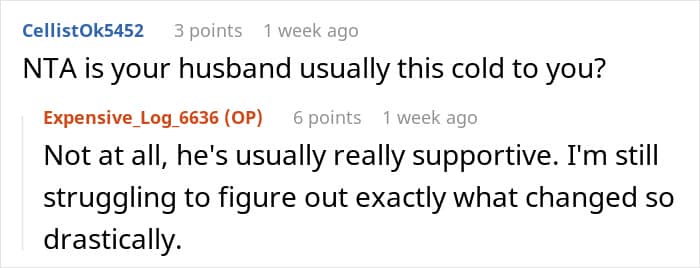You’d think being a literal life-saver would buy you some slack at the family dinner table, but apparently, not if you’re wearing the wrong outfit or are 20 minutes late. Imagine pouring your emotional energy into high-stakes calls all day, making gut-wrenching decisions that determine whether people live or die, only to be scolded about it.
Today’s Original Poster (OP) recounted how an emotionally taxing shift snowballed into a meltdown at his sister-in-law’s birthday dinner. What started as a compromise to please his partner turned into a guilt trip he hadn’t booked a seat for.
More info: Reddit
RELATED:A critical care paramedic arrived late and exhausted to his sister-in-law’s birthday dinner after a draining shift
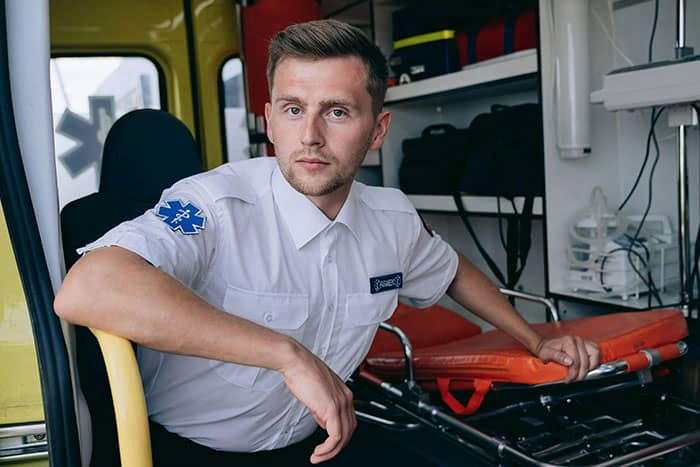
After realizing he had a very tight shift, his partner urged him to pick up another shift that would allow him make it to the celebration
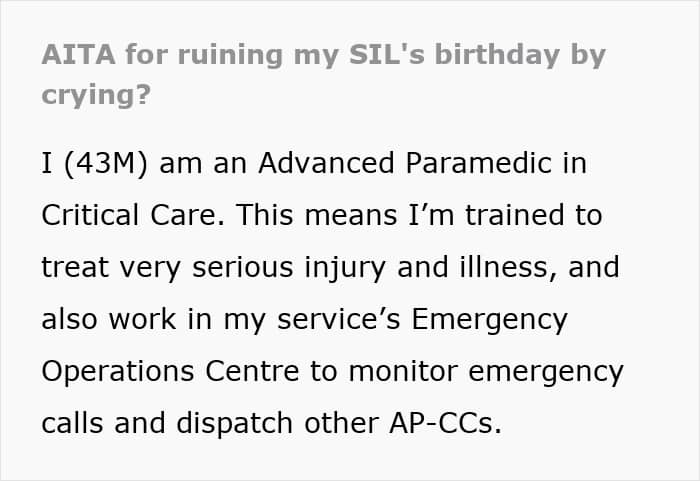

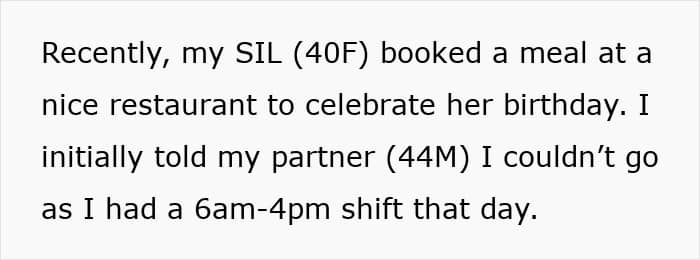
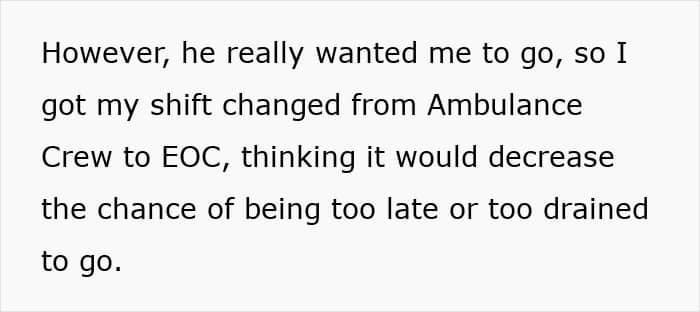
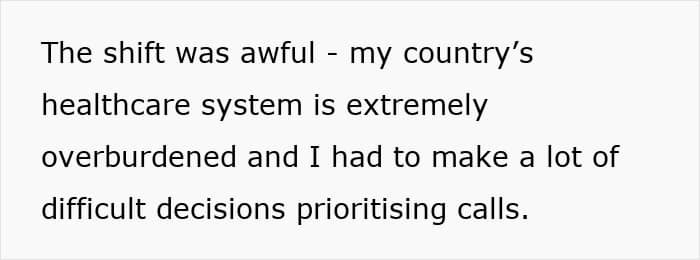
Image credit: Expensive_Log_6636

His day was incredibly difficult, but despite his efforts to attend, his in-laws criticized him for his appearance and lateness
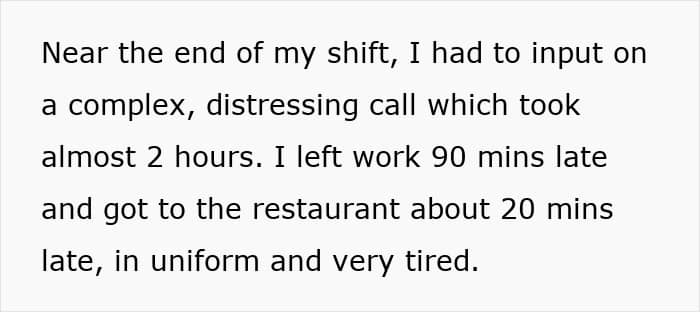
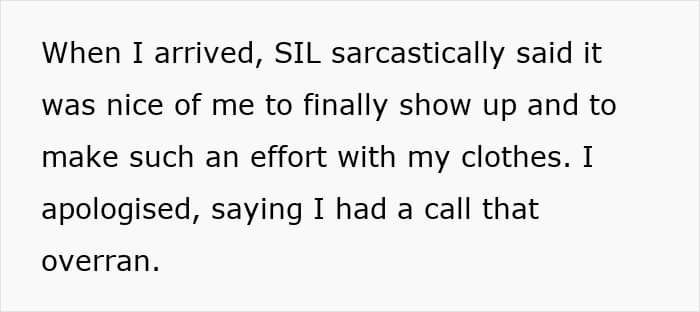
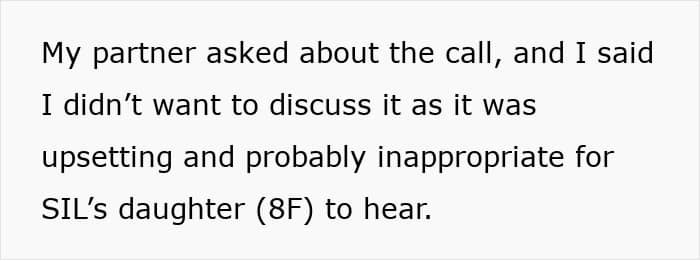
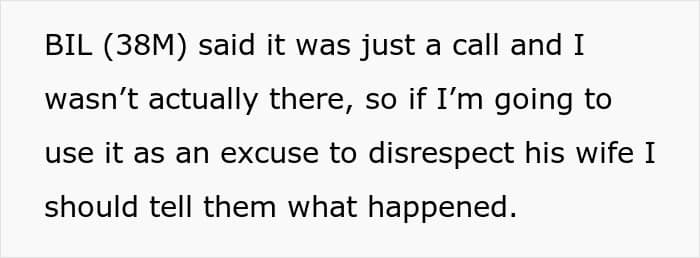
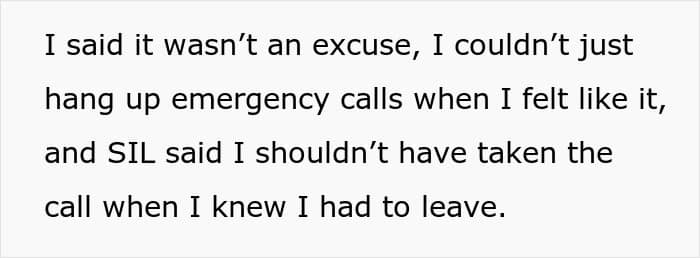
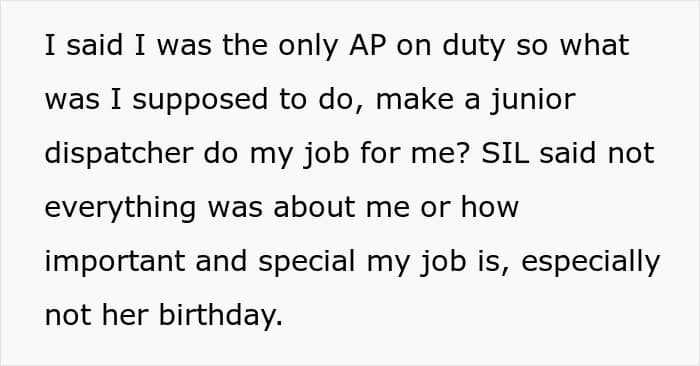
Image credit: Expensive_Log_6636

When he tried to explain the reason for his lateness and the fact that he was still in his uniform, they accused him of making the celebration all about himself
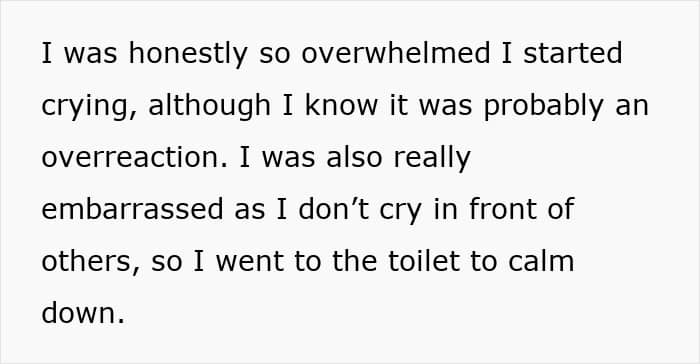
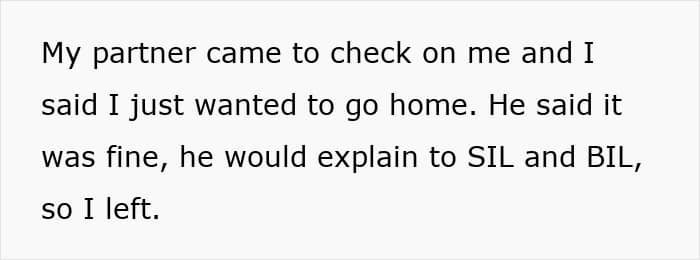
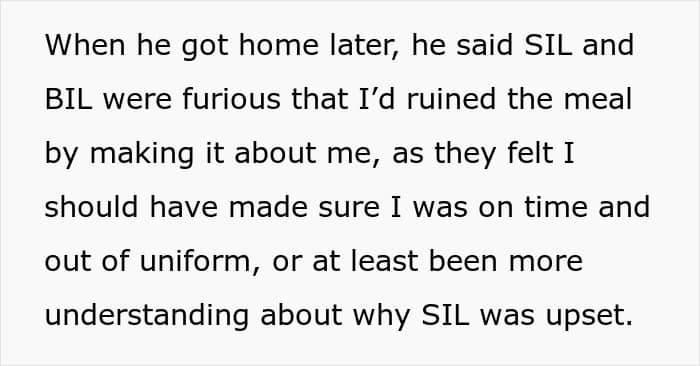
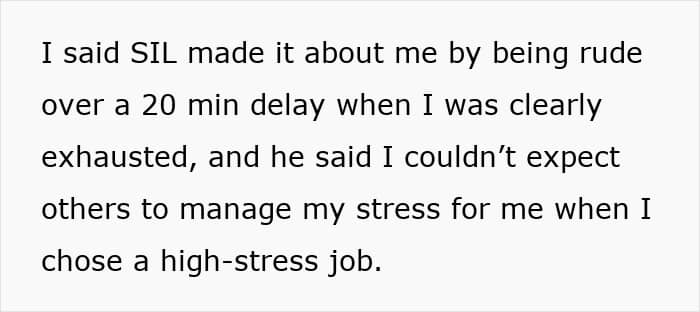
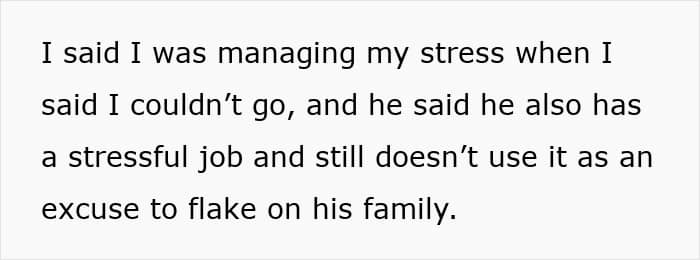
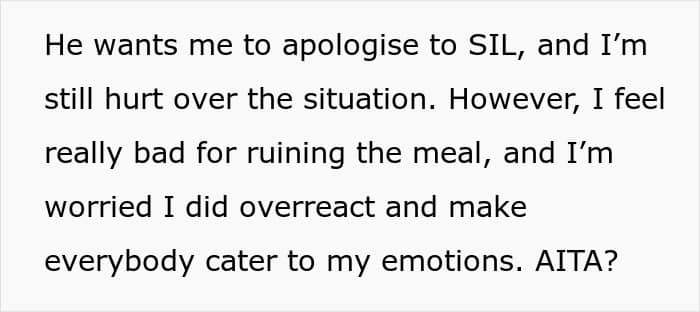
Image credit: Expensive_Log_6636
Overwhelmed, he left the dinner early, only to be told by his partner that the in-laws were furious that he left
The OP works as a specialist paramedic, often the last line of support for life-threatening calls. His sister-in-law was going to celebrate her birthday and had booked a meal at a restaurant, however, on his partner’s urging, he changed his work assignment just to attend a birthday dinner, despite initially declining due to his 10-hour shift.
Sadly, the day was brutal. He worked in a stressed healthcare system and a distressing emergency call meant he clocked out late and arrived at the restaurant twenty minutes late and still in uniform. Instead of understanding, he was met with sarcasm and passive-aggressive digs from his sister-in-law. She mocked his appearance and lateness, and things went downhill from there.
When he declined to share the disturbing call details, her husband claimed he was “just making excuses.” The sister-in-law snapped that her birthday wasn’t the time for the OP to prioritize his job. She criticized him for not planning better, and the OP explained he was the only advanced paramedic on duty and couldn’t leave mid-crisis.
Already emotionally frayed, he broke down in tears and retreated to the bathroom. His partner found him, comforted him, and agreed he could go home. However, when he returned home, he reported that the brother-in-law and sister-in-law were furious and demanded he apologized to them.

NASRA acknowledges that paramedics often face emotional burnout due to limited resources and a lack of adequate organizational support. They explain that it can lead to conditions like compassion fatigue and secondary traumatic stress. Key symptoms include exhaustion, reduced empathy, irritability, anxiety, and a diminished sense of purpose.
Meadows Psychology expounds more on compassion fatigue which they refer to as the emotional, physical, and psychological toll experienced by those who support others through trauma. Recognizing its signs allows individuals to self-monitor and take steps toward managing it.
They state that compassion fatigue can strain personal relationships by creating emotional distance as it could affect family dynamics through increased tension and communication breakdowns. For professionals like paramedics, this underscores how workplace stress can ripple into home life, making emotional support systems even more crucial.
Forbes highlights that high-stakes professions, across all sectors, typically involve intense pressure, long hours, and the expectation of constant availability. They advise individuals in these roles to actively prioritize their time and tasks to protect their health and maintain personal boundaries. This is especially relevant for frontline workers like paramedics, who face constant high-stress scenarios.
Netizens sided with the paramedic, strongly criticizing both his partner and his sister-in-law. They emphasized that he made a significant effort to attend despite a tough day, and that he was treated unfairly by the family.
What do you think about this situation? Do you think the partner should have defended the paramedic more strongly? We would love to know your thoughts!
His partner also demanded he apologize to his siblings, but netizens disagreed and pointed out that the author was being treated unfairly
